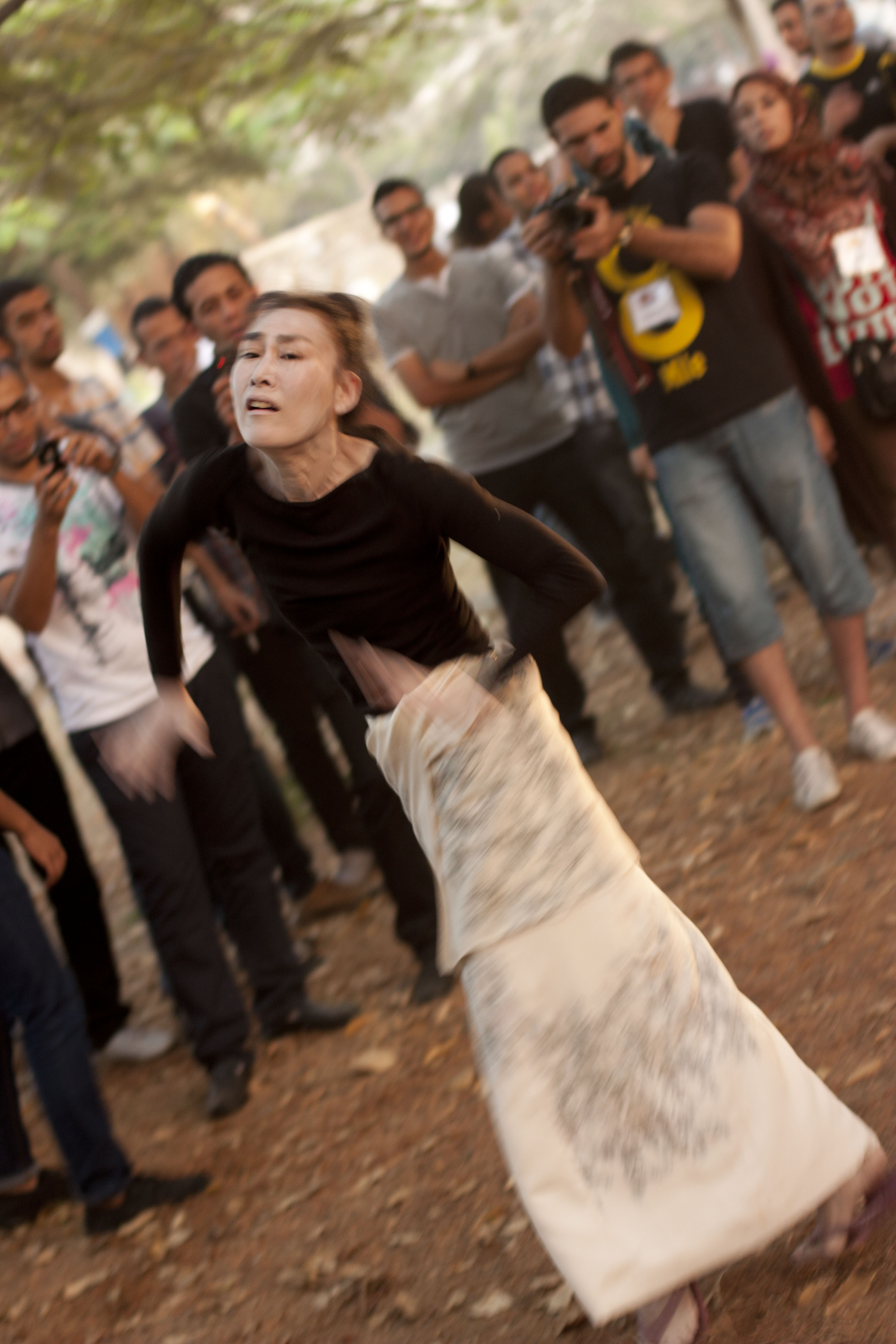The Museum of Islamic Art in Cairo, in cooperation with the Center for Calligraphy Studies at the Bibliotheca Alexandrina and the Cairo Mint Treasury, hosted an exhibition, entitled “Journey of Money in Egypt through the Ages”.
The exhibition launched on 23 September, and runs until 3 October.
The idea of the exhibition revolves around “The Journey of Money in Egypt”, which is a long journey of 2500 years, extending from the first coin minted during the Achaemenid era through to the drachmas and stats issued by the Ptolemies, moving on to what the Byzantines and Romans issued in terms of gold dinars and copper money, and the Sassanids in silver dirhams, all the way to the Arabs until the modern era, which highlights the entrenchment of the idea of the succession and circulation of money in Egypt.
Egyptian coins are also considered a pictorial record of the development of the arts of calligraphy and writing. On the face of the coin, the journey of writing progressed in its development parallel to the sophistication and progress of the Egyptian calligrapher and artist each in his field.
The exhibition is divided into two parts: the first is in cooperation with the Center for Calligraphy Studies at the Bibliotheca Alexandrina, and includes photographic panels of the most important collections of currencies circulating in Egypt through the ages.
The second section of the exhibition includes the most important collections of newly minted cloned coins, in cooperation with the mint treasury.
On the sidelines of the exhibition, a scientific symposium was held, in which a group of distinguished researchers in the field of the history of coins and Islamic arts will lecture.
It is worth noting that this exhibition was hosted in its first session from 19 January to 24 January 2020 in the Eastern Exhibition Hall at the Bibliotheca Alexandrina Conference Center in cooperation with the Museum of Islamic Art in Cairo, the Museum of Educational Archeology at the Faculty of Arts at the University of Alexandria and the Museums of Antiquities and Manuscripts at the Bibliotheca Alexandrina, and in partnership with experts in Egyptian coins.




